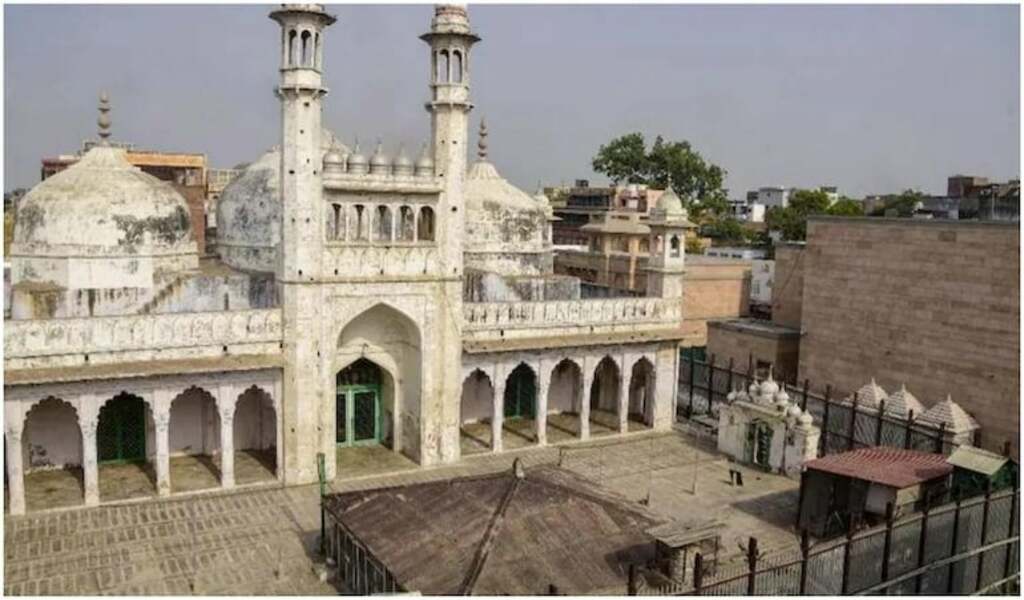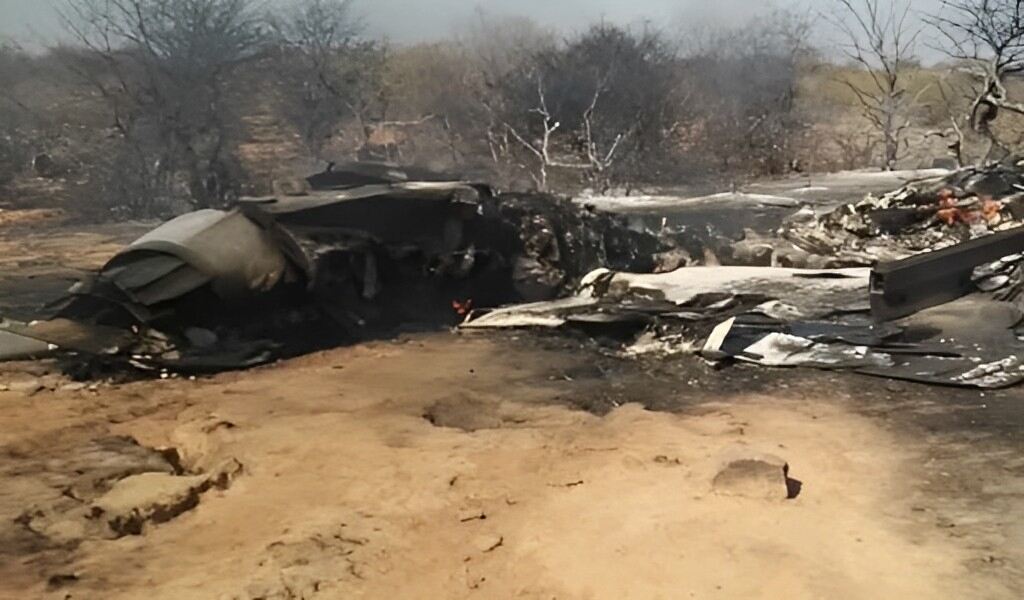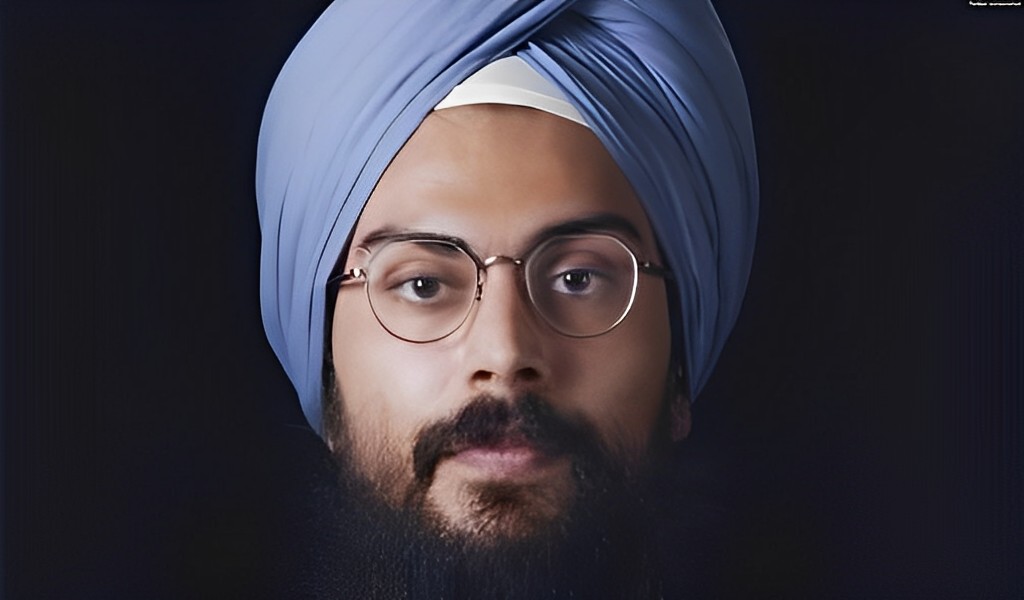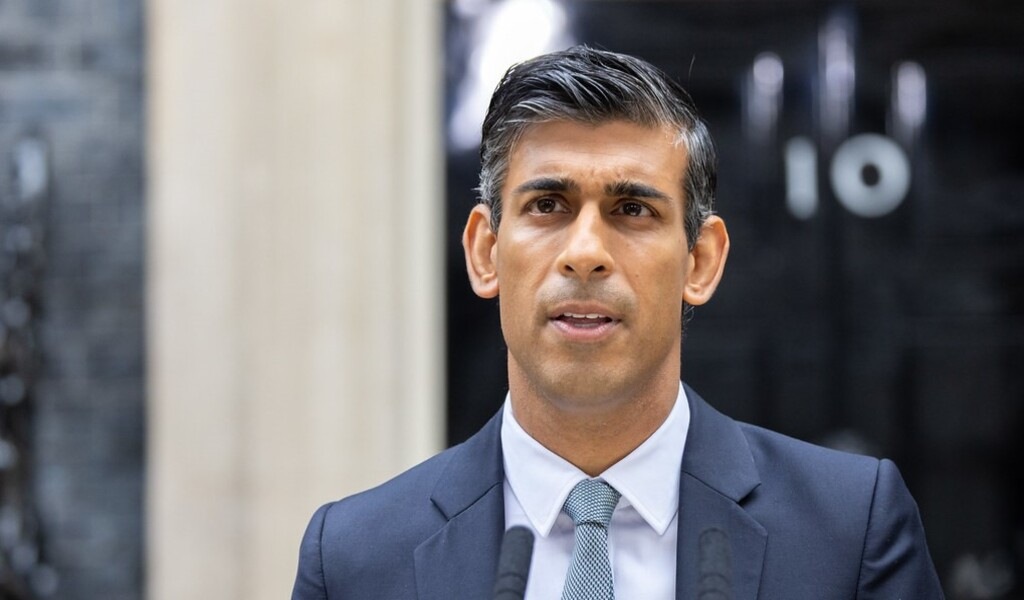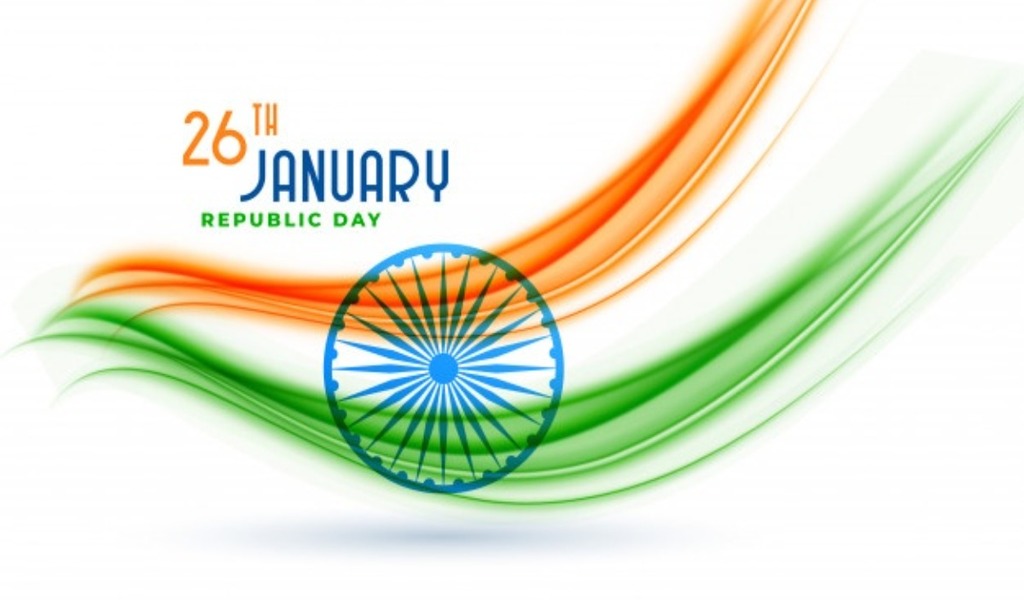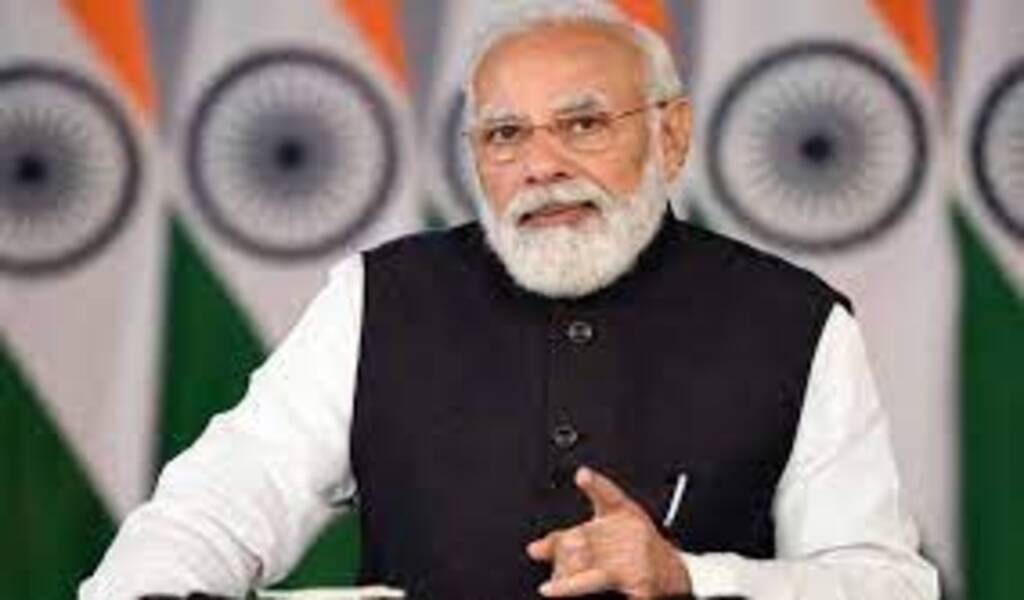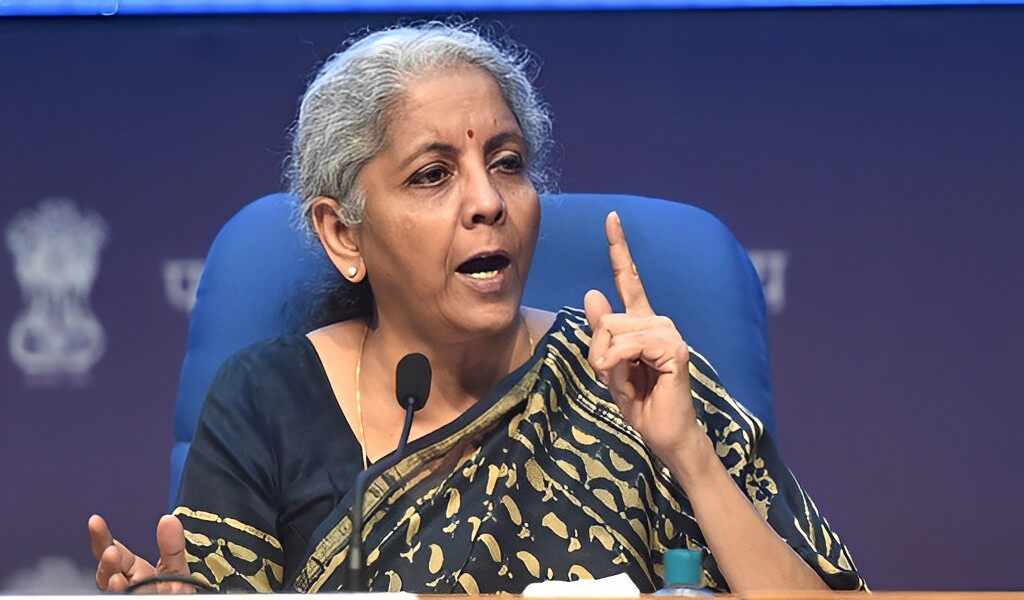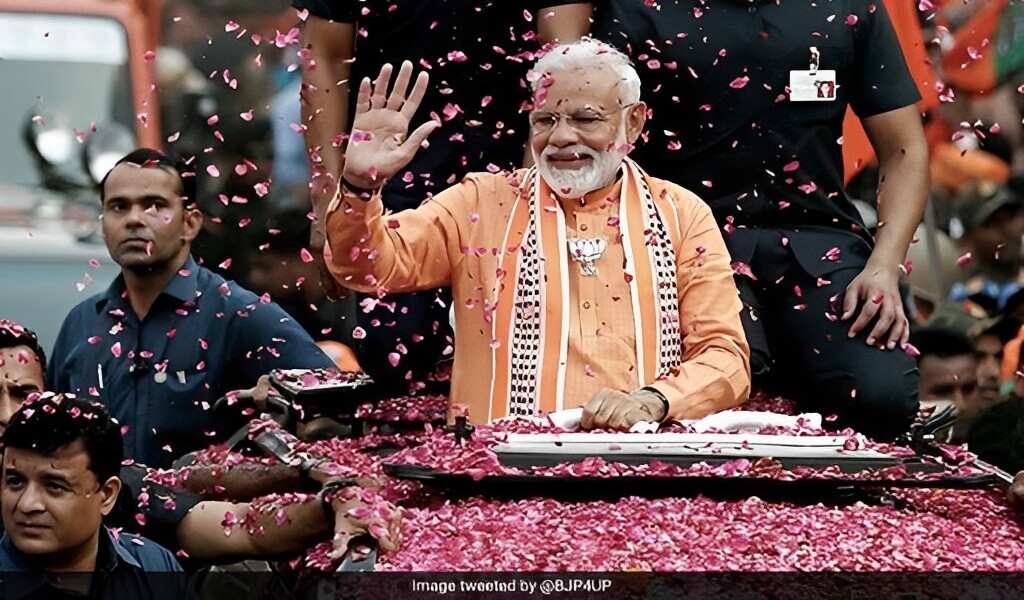Politics by Prayer: Gyanvapi Mosque Case receives 84.6K Digital Engagement After Varanasi Court Decides to Hear Hindu Plea
The Varanasi District Court on Monday dismissed the plea by Anjuman Intezamia Masajid Committee against the common suits that looked for the option to venerate Maa Shringar Gauri and different divinities inside the Gyanvapi mosque premises. The fundamental decision by District Judge A K Vishvesha implies that the cases can now be heard on merits where the gatherings need to introduce proof to demonstrate their cases.
CheckBrand analyzed the serious news and researched on the complete history of the case along with its productivity index. Based on the analysis, CheckBrand reported that the Gyanvapi case received 84.6K Digital Engagement. About 6 lakh people wrote negatively about the case, whereas almost 2 lakh people wrote positively. The Search Engine Score of the case came out to be 880 as of 14th September 2022.

*Source Google Trends
District Judge A K Vishvesh requested that it would keep on hearing the plea looking for the option to revere in the sanctuary. The court fixed September 22 as the following date of hearing for the situation. The Anjuman Intezamia Masjid Committee has said the Gyanvapi mosque is a Waqf property and has scrutinized the practicality of the request. The offended parties have looked for an option to revere Maa Shringar Gauri on the external mass of the mosque complex situated close to the Kashi Vishwan sanctuary.
THE ORIGINS OF THE GYANVAPI DISPUTE
Gyanvapi mosque is situated in Varanasi, Uttar Pradesh. It is a short distance from the Kashi Vishwanath sanctuary, worked in 1780 by Ahilyabai Holkar, the Queen of Indore. Regardless of whether this is valid is questionable — notwithstanding; researchers appear to be sure that it without a doubt remains on the remaining parts of a Vishweshwara sanctuary committed to Shiva.
While the specific age of this Vishweshwara sanctuary is vague, students of history concur that it was first obliterated in the twelfth hundred years by Qutub-ud-noise Aibak, the General of Ghurid Sultan Mohammad Gauri. Endeavors at reconstructing the sanctuary were slowed down by Princess Raziyat-ud-racket of the Delhi Sultanate — who requested that a mosque be based on its remaining parts in the thirteenth hundred years.
Under the rule of Mughal Emperor Akbar, a minister Narayan Bhatta modified the Vishweshwara sanctuary in the 16th century. Yet again it is accepted that in the late 17th century, around 1669, the sanctuary was bulldozed on the sets of Mughal Emperor Aurangzeb — with the Gyanvapi mosque worked on its remaining parts. Inside Holkar's Kashi Vishwanath sanctuary is a sculpture of Nandi — the consecrated bull friend of the Hindu god Shiva. This prompted petitions recorded by Hindus from 1991 to 2022 mentioning consent to ask inside its premises.
The Politicisation of Temples
In 1984, the ‘first religious parliament' for Hindus was held in New Delhi. 558 Hindu diviners gave a cross country goal to 'lay guarantee' to three basic Hindu sanctums where mosques had supposedly been fabricated: Ayodhya (origination of Hindu god Ram), Mathura (origination of Hindu god Krishna), and Varanasi (where the Kashi Vishwanath sanctuary was purportedly levelled). Throughout the span of the 1980s and mid-1990s, the Babri Masjid-Ayodhya question was the main site to be intensely politicized under this venture.
The Union Government, headed by Prime Minister P.V. Narasimha Rao, watched the developing Babri Masjid-Ayodhya debate with fear. On September 12th, 1991, the Rajya Sabha passed the Places of Worship (Special Provisions) Act — which forestalls the change of a position of love from the structure it took on August 15th, 1947. This regulation, which looked to forestall future tussles over the personality and beginnings of strict destinations, made a significant special case — its arrangements wouldn't matter to the Babri Masjid-Ayodhya debate. The Bharatiya Janata Party, then, at that point, at the political very front of the debate, went against the 1991 Bill. Notwithstanding, it invited the Ayodhya exemption, and made one solicitation: that it be stretched out to the Krishna Janmabhoomi debate in Mathura and to the Kashi Vishwanath question in Varanasi. This expansion was rarely allowed. In any case, after Hindu gatherings crushed the Babri Masjid on December sixth, 1992, a well-known 'freedom' motto emerged among them that set up for the elections in 2022. 'Ayodhya toh bas jhaanki hai, Kashi, Mathura baaki hai'.
Gyanvapi Conflicts Reaches the Courts
The principal legitimate appeal encompassing the Gyanvapi mosque's beginnings entered India's courts in 1991. Ministers from Varanasi recorded an appeal at a Varanasi Civil Court mentioning admittance to supplicate inside the mosque — charging that it was worked on the first Kashi Vishwanath sanctuary. The request likewise looked for an exchange of the mosque's territory to Hindus. The mosque Management Committee's test to the request, which they guaranteed disregarded the 1991 Act, was excused by the lower court in 1998. It then moved toward the Allahabad High Court — which remained the procedures that very year. The matter lay torpid — until the goal of the Ayodhya Title Dispute in 2019.
In December 2019, scarcely a month after the Ayodhya decision, a new request was documented at a Varanasi Civil Court looking for an archeological evaluation of the Gyanvapi mosque's starting points. The candidate showed up as a 'next companion' of Swayambhu Jyotirling Bhagwan Vishweshwar — the divinity at Kashi Vishwanath. A next companion shows up for a party unequipped for keeping a claim. In 2020, the 1991 offended parties moved toward the Civil Court in Varanasi to hear the first request once more. The procedures were remained by the Allahabad High Court in February 2020 — it saved Judgment with regards to this issue in March 2020. Then, in spite of the stay, the matter was resumed by a Varanasi Civil Court in April 2021 — Fast Track Court Civil Judge (Senior Division) Ashutosh Tiwari requested an Archeological Survey of India examination concerning the mosque's beginnings. Yet again the mosque's Management Committee moved toward the Allahabad High Court, which remained the procedures on September ninth, 2021. It descended intensely on the Civil Court for continuing notwithstanding the High Court holding Judgment with regards to this issue.
In August 2021, five Hindu women filed a plea at a Varanasi Civil Court looking for consent to love the Maa Shringaar Gauri, Ganesh, Hanuman, and Nandi symbols purportedly situated inside the Gyanvapi mosque. The ladies are associated with the Vishwa Vedic Sanatan Sangh. On April eighth, 2022, Civil Judge (Senior Division) Ravi Kumar Diwakar selected Ajay Kumar Mishra as Advocate Commissioner. Mr. Mishra was to lead a 'videographic study' of the Gyanvapi mosque and decide the presence of the Hindu symbols. The mosque's Management Committee fought as the Hindu solicitors had recommended Mr. Mishra's name. They moved toward the Allahabad High Court to remain the overview — the appeal was excused on April 21st. The overview started on May 6th, in the midst of collectively charged fights. On May 7th, the mosque's Management Committee moved toward the Varanasi Civil Court petitioning for Mr. Mishra's evacuation because of his supposedly one-sided looking over. On May 12th, the Court dismissed the application — furthermore approving authorities to record FIRs against those thwarting the overview.
The Court Proceedings Timeline
13th May 2022: The mosque’s Management Committee presented its challenges to the videographic survey before the Supreme Court.
17th May 2022: Chandrachud J and Justice P.S. Narasimha began hearing the case.
19th May 2022: The Supreme Court Bench deferred hearings by a day and stayed all proceedings in the matter at the Varanasi Civil Court
20th May 2022: The Supreme Court transferred the case to the ‘more seasoned hand’ of a Varanasi District Judge
23rd May 2022: District Judge Ajaya Krishna Vishvesha began hearings in the Gyanvapi dispute.
24th-25th May 2022: Varanasi District Court Agrees to Consider Maintainability of Hindu Petition
July 2022: Supreme Court Defers to District Court but Leaves Case Pending
12th September 2022: The Varanasi District Judge A.K. Vishvesha delivered the Order rejecting the Waqf Board’s arguments
Social media platforms, especially Twitter has been flooded with mixed views of the audiences. From agreeing to Supreme Court’s decisions to having neutral reactions, people are pouring down their feelings in the form of memes, tweets, etc. Everyone is waiting for further unfolding of events.
Nandi Maharaj has waited for several centuries. It is about to end soon. Har Har Mahadev..! #Gyanvapi pic.twitter.com/MRTbMqys1v
— Vertigo_Warrior (@VertigoWarrior) September 12, 2022

CATEGORIES
- Digital Marketing
- Marketing
- Entertainment
- Medical
- Science and Technology
- Politics
- Sports
- Environment
- Campaign
- Interview
- Viral
- What's Trending
- Trending News
- Viral Videos
- Youtube Trends
- Social Media Ranking
- Twitter Trends
- Google Trends
- Top Politicians
- Top Cricketers
- Top Influencers
- Best Campaigns
- Google News
- News
-
 Oct 11, 2020
Oct 11, 2020SEO Content Writing Vs. SEO Copywriting:...
-
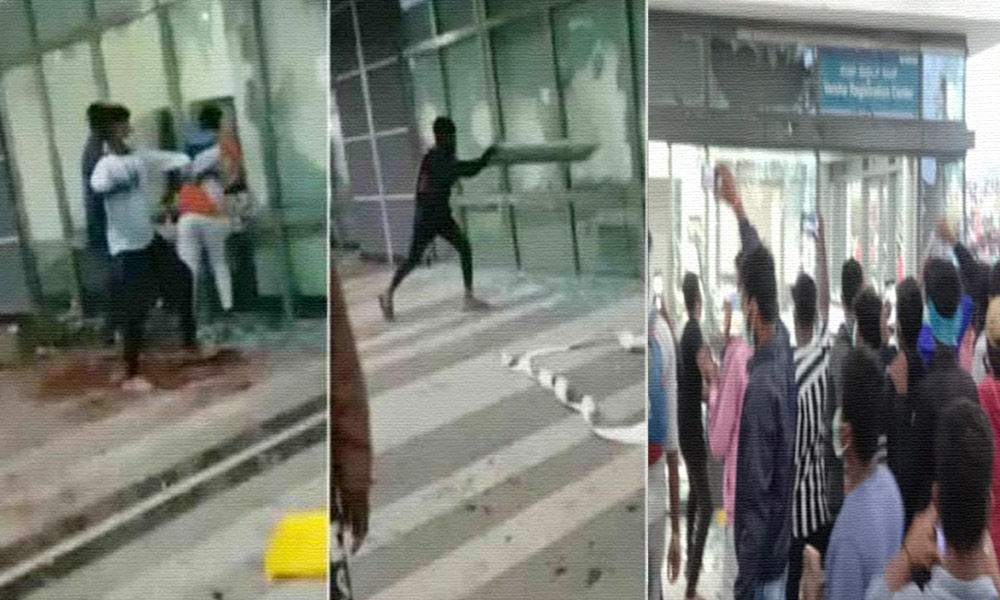 Dec 15, 2020
Dec 15, 2020#Karnatakaiphoneplantagitation: Workers...
-
 Dec 15, 2020
Dec 15, 2020#OLA Invests ₹2400 Crores For Our Futur...
-
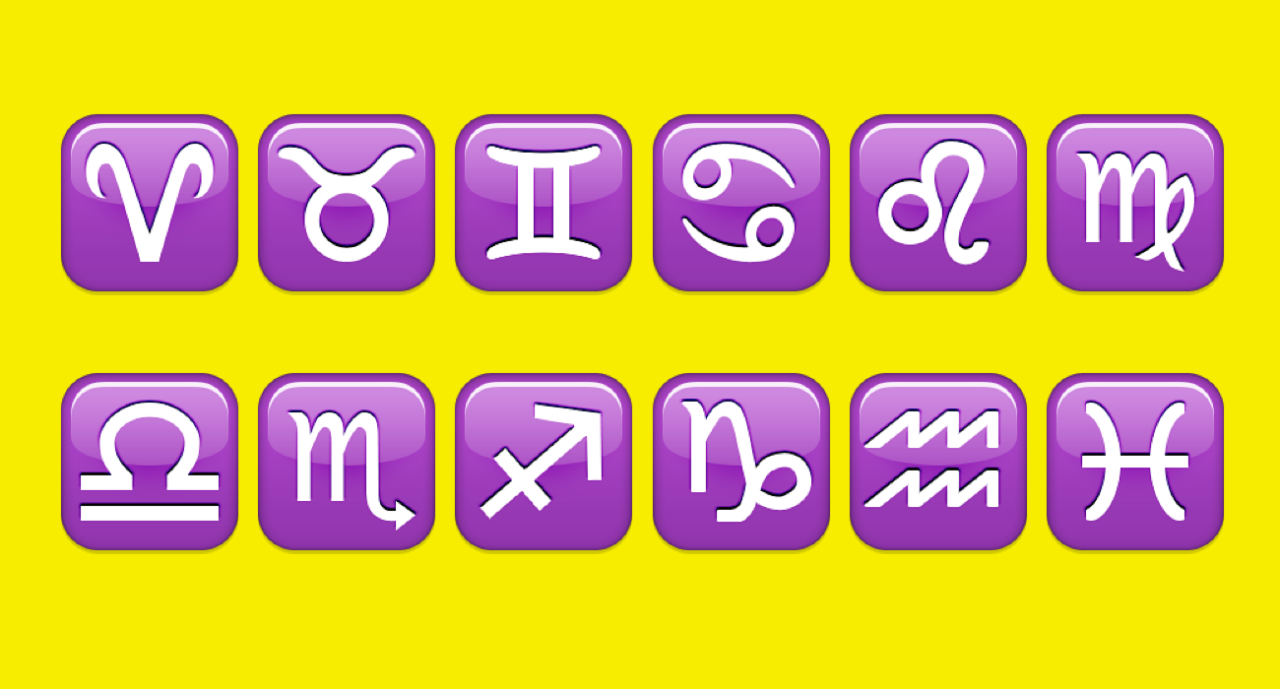 Dec 15, 2020
Dec 15, 2020#Snapchat Launches Astrology Profile
-
 Dec 15, 2020
Dec 15, 2020Know Why #BOYCOTTJIOSIM Is Trending On S...
-
 Aug 01, 2023
Aug 01, 2023India's Chandrayaan-3 On Track For Lunar...
-
 May 17, 2023
May 17, 2023Zara Hatke Zara Bachke Trailer Review(Ra...
-
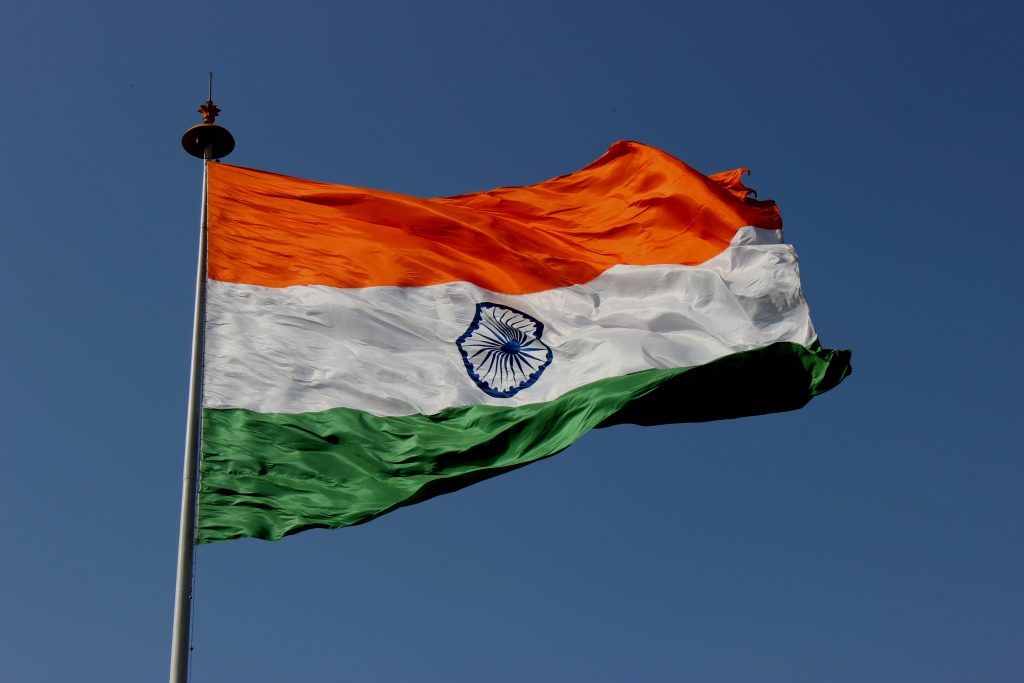 Aug 04, 2022
Aug 04, 2022'Har Ghar Tiranga' Campaign Created Stor...
-
 Dec 16, 2020
Dec 16, 2020#Skillhaitohfuturehai: Mahindra's Flagsh...
-
 Dec 15, 2020
Dec 15, 2020#OLA Invests ₹2400 Crores For Our Futur...
HIGHLIGHTS
- Realme Pad Specifications Teased, Will C...
- MARKETS: Sensex Down 300 Pts, At Days Lo...
- Afghanistan Crisis Live Updates: NIA Chi...
- Women Will Be Admitted To NDA, "Historic...
- Taliban's New Education Minister Says Ph...
- India's T20 World Cup Selection Question...
- New JioFiber Quarterly Broadband Plans I...
- Explained: How Your Cat Got Its Stripes...
- Who Is Aesha Mukherji? All You Need To K...
- Long Live Test Cricket While We've Virat...


